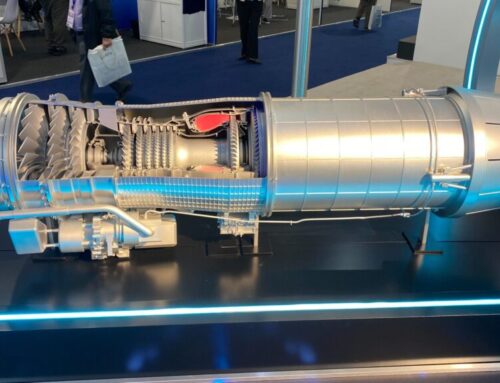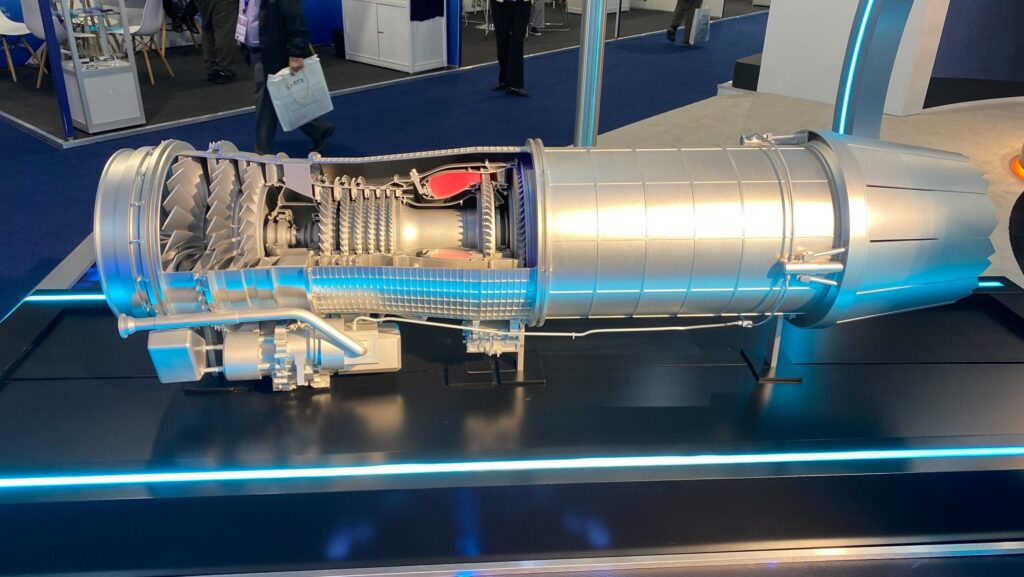Artist rendering of NGI in flight. (Lockheed Martin)
WASHINGTON — The Missile Defense Agency (MDA) has selected Lockheed Martin to develop a new interceptor to defend the American homeland against intercontinental ballistic missiles, axing competitor Northrop Grumman, according to an MDA announcement.
The Next Generation Interceptor (NGI) win by Lockheed means the defense giant will continue as the sole contractor on the program through flight testing, which MDA expects “will lead to a follow-on production and emplacement contract” and enable the program to meet a deadline for initial operational capability in the fourth quarter of fiscal year 2028. An MDA spokesperson said Lockheed’s selection is not a new award and that the aerospace giant will continue to use funds provided by a 2021 contract.
MDA previously expected to pick a winning contractor for the NGI next year, after both teams completed a critical design review of their respective offerings. But agency officials told lawmakers Friday they accelerated their plans due to a combination of budget constraints and confidence in current data to make an informed selection. Reuters first reported MDA picked Lockheed to proceed.
“MDA is confident in this decision based on the technical maturity of the solutions, objective contractor-provided performance data, technical rigor in the design development process and early testing built into the program from the onset,” today’s announcement says.
The NGI program plans to replace the current Ground-Based Midcourse Defense interceptors, which are tailored to threats from ballistic missiles launched by actors such as North Korea or Iran. Lockheed is partnered with now-L3Harris subsidiary Aerojet Rocketdyne. Northrop teamed with RTX for the NGI project.
However, MDA’s similar plans to accelerate its hypersonic missile-killer design, revealed during the same congressional hearing Friday, has lawmakers concerned that the agency may be moving too quickly to eliminate a competing contractor early. That effort, known as the Glide Phase Interceptor, is down to two teams led respectively by RTX and Northrop Grumman, and MDA now expects to pick a winner by the end of FY24. Lockheed was eliminated from the GPI competition in 2022.
The new down select date is five years earlier than previously planned, according to House Armed Services strategic forces subcommittee Chairman Rep. Doug Lamborn, R-CO, who noted that the FY25 budget reflects “an additional delay” due to a newly estimated deployment date of 2035. And despite questioning officials on the program, Lamborn’s concerns did not appear to be assuaged.
“I understand that it’ll save some dollars and is cheaper,” Lamborn said of the FY25 budget request, “but I’m just not sure it’ll even lead to success in the long run, much less address the threats in the meantime.”






![The sights from the 2024 Farnborough Airshow [PHOTOS]](https://centurionpartnersgroup.com/wp-content/uploads/2024/07/IMG_8722-scaled-e1721930652747-1024x577-hZjwVb-500x383.jpeg)




